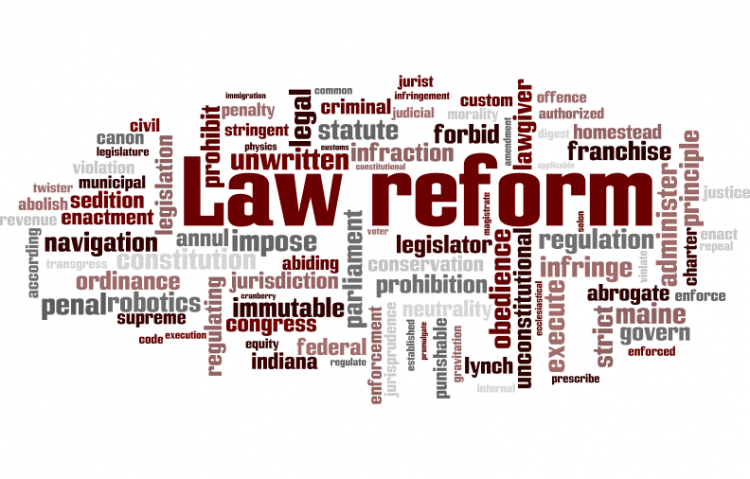Parental Alienation (PA) is Child Abuse just like Sexual or Other Forms of Abuse

- Target:
- FAMILY LAW LEGISLATORS
- Region:
- United Kingdom
What Can a Court Do About PAS?
Research and applied knowledge of PAS in the UK legal system appears minimal, though this does seem to be slowly changing. It has been noted in recent court cases in the UK that PAS is not an accepted legal entity in UK law or in mainstream psychiatry and psychological practice.
Most legal systems usually require that the views of the child are considered. According to the Children’s Act of 1989, the first item listed is establishing the wishes and feelings of the child concerned. The problem with this, as some Father’s Rights advocates have pointed out, the courts are not trying to determine if there is alienation happening on the part of the mother and consequently the father is unjustly deprived of the child due to this possible programming.
Some father’s rights groups have lobbied for PAS to be accepted in courts of law, but the concept has met with some resistance as it has not been recognized as yet as a legitimate syndrome. Advocates of the concept have avoided this debate by simply referring to it as Parental Alienation and sidestepping the legal issue of whether it’s an accepted psychological syndrome. Women’s advocacy groups argue that it is gender bias or biased on favor of the non-custodial parent, which in the majority of cases happens to be the father.
Courts in the UK have generally been reluctant to rely upon Parental Alienation Syndrome in deciding custody cases. Critics of Parental Alienation Syndrome claim that it is not a widely accepted theory and that it lacks a widely agreed upon definition. This is why some parents in court cases have simply referred to the situation as Parental Alienation. It is obvious that in many cases one parent will alienate the other in order to win their case and therefore, custody of the child. The end justifies the means, as it were. Arguing the case from this point of view seems to have a better chance of getting heard than if one went directly for PAS. Of course, even Parental Alienation is difficult to prove. Often the arguments dissolve into hearsay. Keep a diary of daily events and communications between yourself and the other parent. This helps a great deal in custody cases in general.
The key to success when arguing for PAS in a custody case would appear to hinge on obtaining a psychologist willing to go out on that limb and argue that it is in fact PAS. Once past that hurdle, it is then a matter of whether the court will accept this testimony or not. As it is with many cases, this might simply depend upon the judge.
The good news is that all of this is changing. It is a slow process, but it is moving in the right direction. If you are getting a solicitor, it is possible to find one who specializes in this field. There are some who are familiar with it, but who do not focus on it. Magistrate’s courts tend to be dominated by female magistrates. These tend to be less sympathetic to the father’s case that the judges in a higher court would. If possible avoid a magistrate’s court and try to get a county court. If your Court Welfare Officer is not reporting your case correctly, you can refuse to accept the appointed CWO. Make a list of questions that you would like the CWO to ask and prepare the answers as well. It is important that you notify your CWO of any mistake or omissions early. Keep a diary and copies of all communications between yourself and the other parent.
Essentially, when dealing with PAS, there is much that the court can do, but everything depends upon a judge’s willingness to accept PAS as a real syndrome. Barring that, the only other option appears to be to avoid the legal ramifications of trying to push through a theory that is not universally accepted and argue simple alienation. The concept of one parent alienating the other is easily understood and then the case will be decided upon whether alienation itself is proven.
We the undersigned, call on the Lawmakers in the UK and globally to legislate against Parental Alienation (PA) because of its disastrous effects on Children who get caught up in most cases, acrimonious cases related to separation or divorce.
Children who are subjected to PA are affected mentally and most cases the effects if not checked and treated by psychology expects, have a lasting effect in the behaviour and personal development of the individuals. This alone can be compared to any other abuse which is legislated for such as Sexual and/or Physical Abuse. Pa therefore is a form of CHILD ABUSE and must be stopped.
You can further help this campaign by sponsoring it
The Parental Alienation (PA) is Child Abuse just like Sexual or Other Forms of Abuse petition to FAMILY LAW LEGISLATORS was written by martin manthando and is in the category Law Reform at GoPetition.